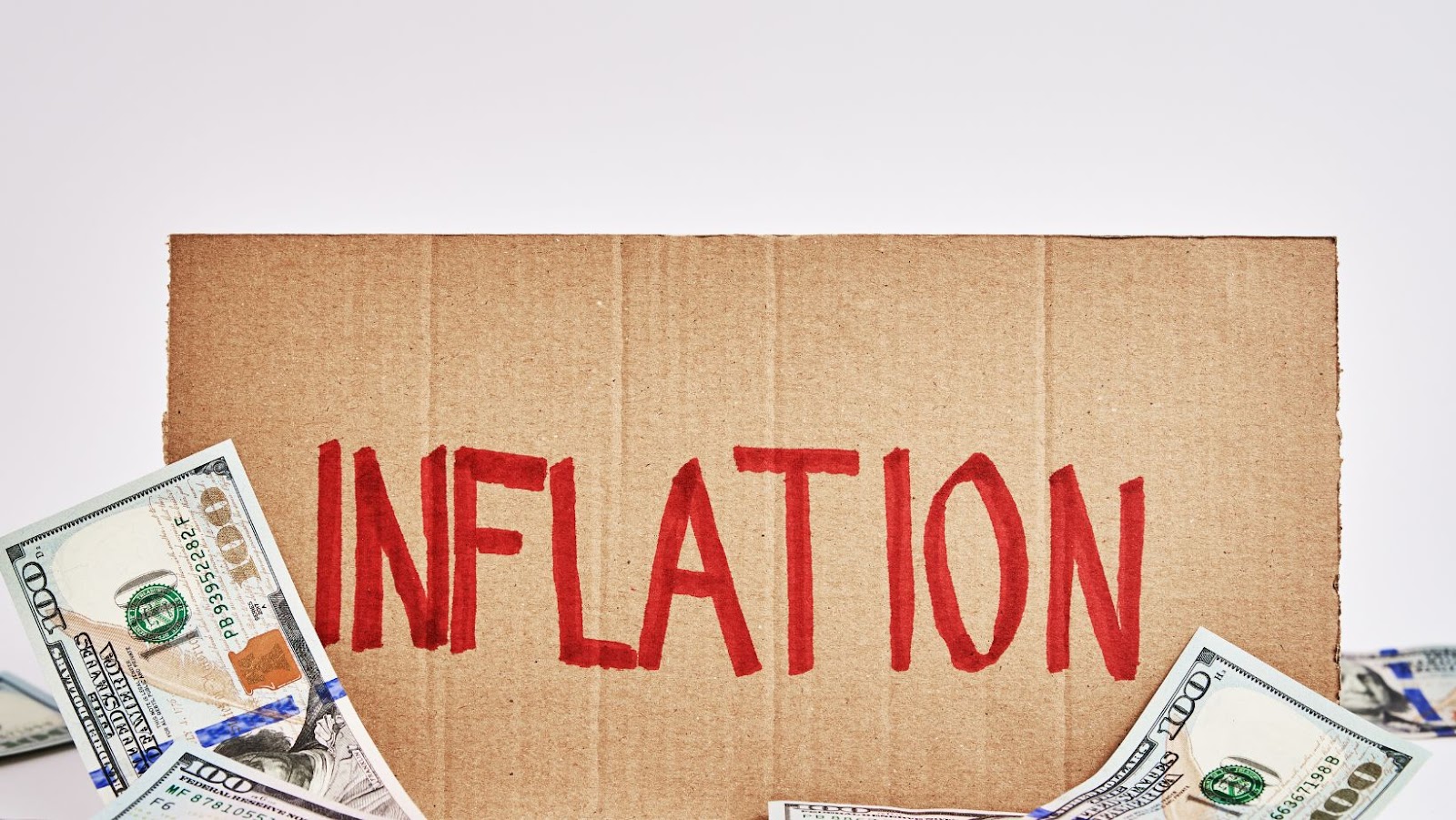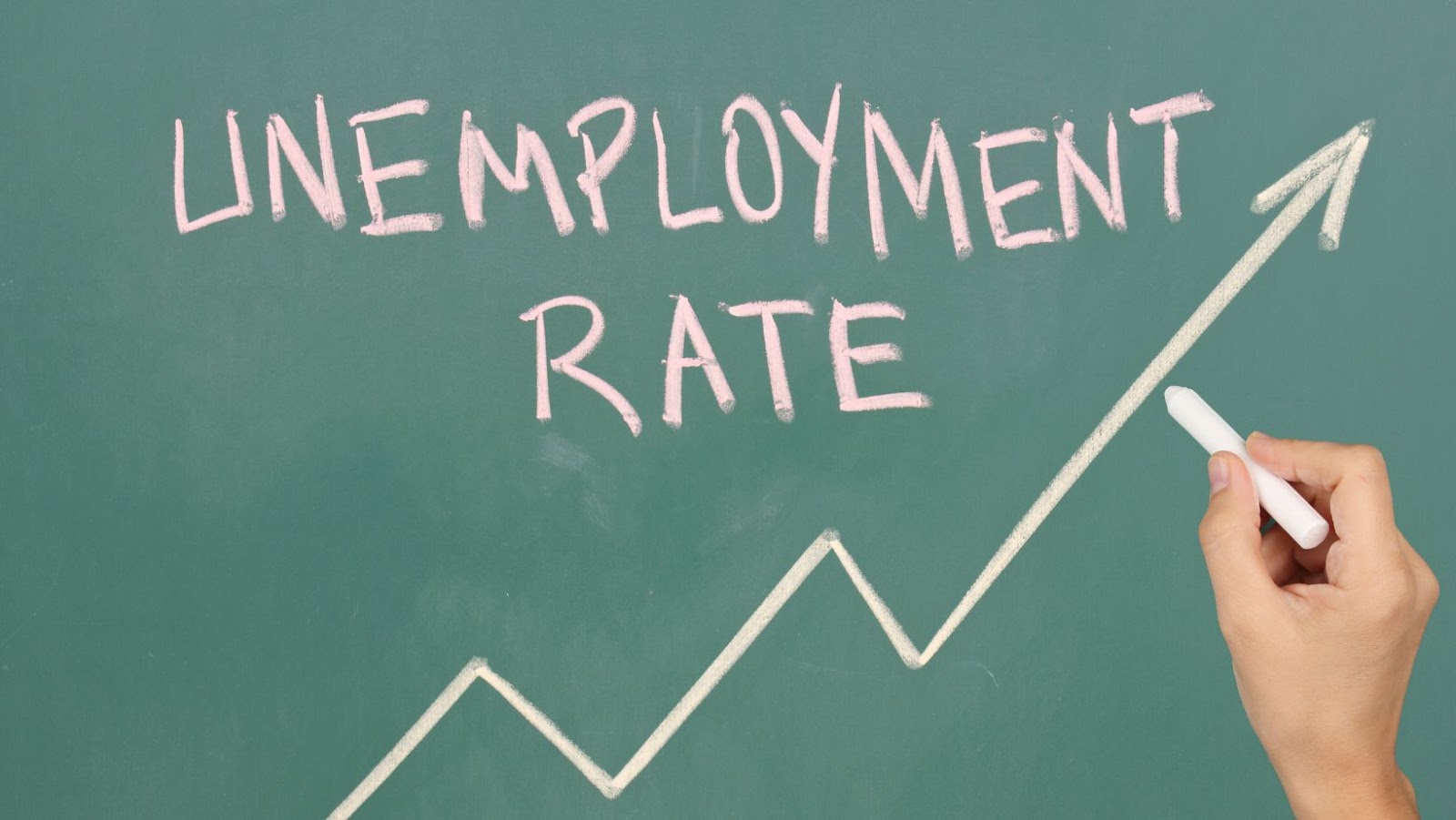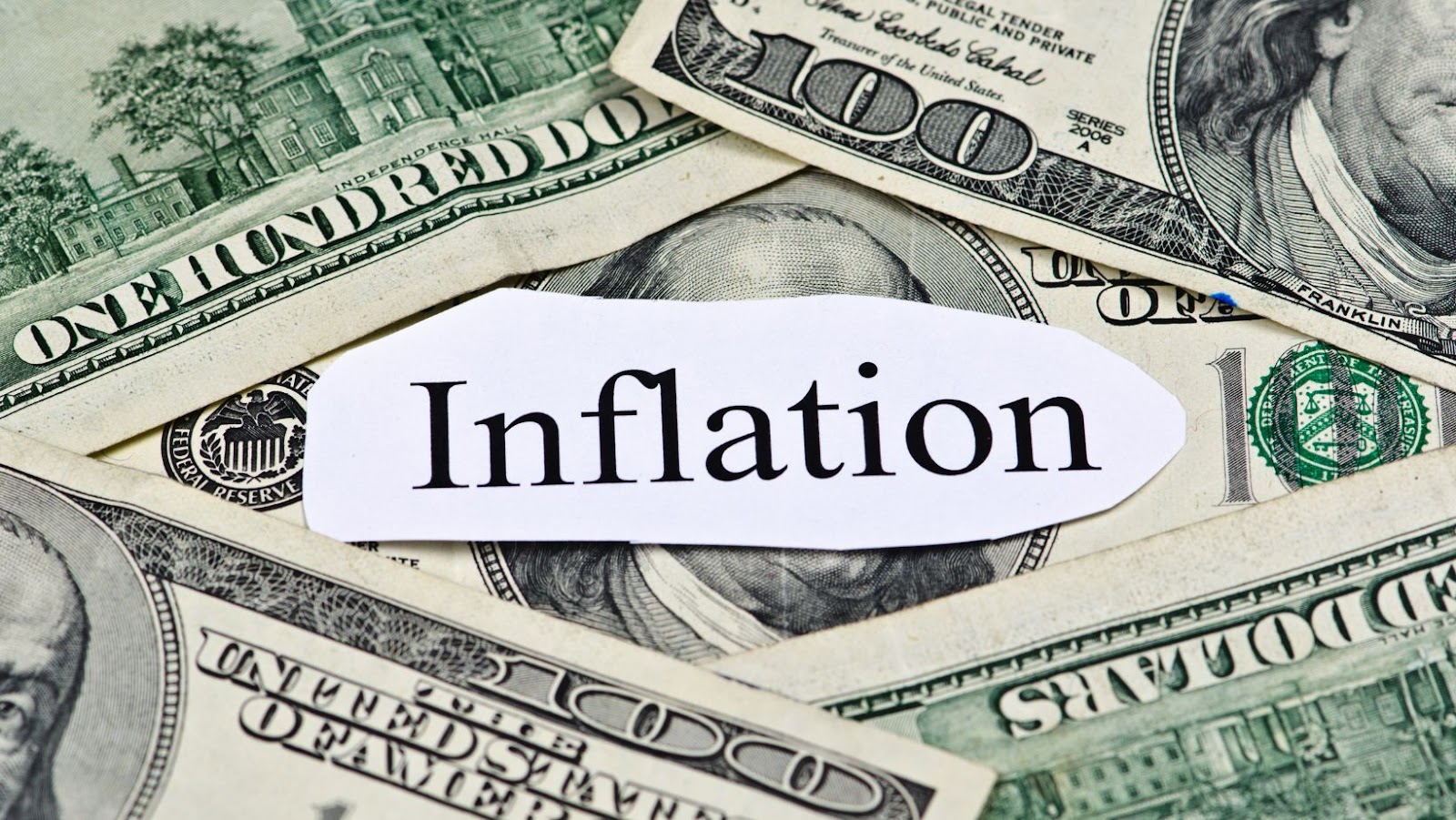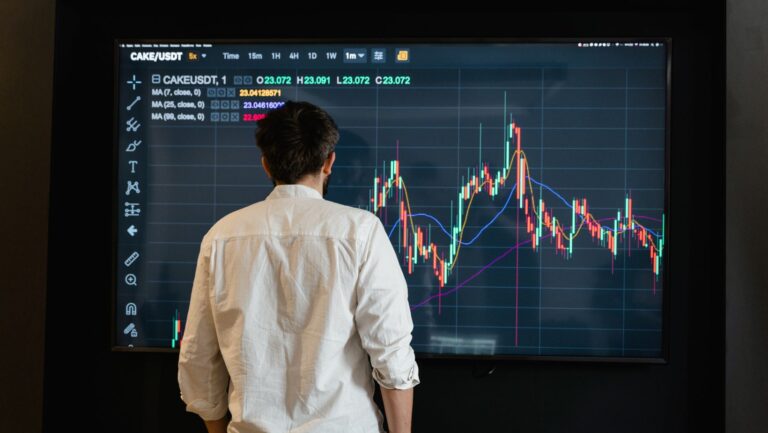Asking people how much inflation they expect can be a strange activity. However, it can provide key insights into people’s opinions and expectations regarding the state of the economy. Questions like this can provide important information about consumer sentiment and help economists better understand public perception.
In this article, we’ll explore why it’s important to ask people how much inflation they expect and look at some of the key benefits of doing so:
Definition of inflation
Inflation is the general increase in prices and a fall in money’s purchasing value. Inflation occurs when too much money is chasing a limited amount of goods, increasing prices. This is because people are willing to pay more for the same item, leading to an overall price rise. The inflation rate is usually measured by calculating changes in the Consumer Price Index (CPI), which measures price fluctuations for a basket of goods such as food, fuel and entertainment services.
Inflation can have varying effects depending on how it affects each individual or society. In many cases, it can be beneficial if it stays within moderation levels most economists accept. Moderate inflation levels can encourage spending while giving people with debt more time to pay it off since their monthly payments become worth less when inflation rises. On the other hand, high inflation levels can hurt households’ budgeting and strain an economy’s resources due to higher demand for goods at greater prices. That is why consumers need to understand:
- What economists mean when they forecast inflation
- How much they expect from current economic policies.
Why it’s important to ask people how much inflation they expect
Inflation significantly impacts the economy and is a gauge of how well the government is managing its finances. Therefore, knowing how much people expect inflation to be shortly helps businesses, investors and policy makers make better decisions.
Inflation expectations affect households, businesses and financial institutions’ spending, saving and investment decisions. For example, consumers tend to purchase more goods and services when the expected inflation rate is low, allowing them to buy goods at lower prices than if they were higher. Likewise, businesses use inflation expectations to decide how to price their goods. At the same time, investors adjust their portfolios to protect their wealth from losses due to higher or unexpectedly low inflation rates.
The Federal Reserve pays close attention to expecting inflation levels, as these help determine monetary policies such as setting interest rates and controlling money supply. The Central Bank also conducts surveys of economic forecasters that measure current short-term expectations for economic indicators such as GDP growth rate, unemployment rate, exchange rates and – most importantly – expected inflation rate.
Asking people about their expectations for future inflation helps economists understand public sentiment on what could happen shortly about market forces such as inflation levels. This can ultimately guide policy makers towards making better decisions that benefit everyone involved in the economy more effectively.
Why People Predict Inflation
Asking people how much inflation they expect is important for economists, investors and policy-makers.

By surveying people on their inflation expectations, economists can gain valuable insights into how they perceive inflation. Moreover, people’s inflation expectations can be remarkably accurate at predicting future inflation rates, making it an important tool for economic decisions.
In this article, we will explore
- why people predict inflation
- what their answers can tell us.
Understanding the psychology of inflation
Inflation influences many parts of our economic system, so it’s important to understand why people make specific predictions about inflation. The psychology of inflation prediction involves analyzing the attitudes and beliefs of those involved in predicting inflation. In particular, individuals tend to consider the current rate of inflation and its historical average when predicting future levels.
Individuals also consider the rate of money supply growth, which indicates whether more money is being created or taken out of circulation by policy makers. Changes in the money supply can have direct ramifications for prices and general economic trends. Other factors considered include global pressures such as changes in commodities prices and supply and demand dynamics.
Finally, individuals consider personal concerns such as purchasing behaviors that may be affected by price changes. For example, a person may be more likely to purchase costly items if they expect prices to rise soon due to fears of increasing prices. With an understanding of how individuals form expectations about inflation, economists can estimate how rising sources these will affect economic activities such as:
- Consumer spending
- Investments decisions
How people’s expectations of inflation affect economic decisions
People’s expectations of future inflation significantly influence their economic decisions and ultimately impact inflation. When people anticipate a period of higher inflation, they often take actions that can cause the actual inflation rate to become a self-fulfilling prophecy.
For example, people might be more likely to make major purchases sooner rather than later if they think prices will be higher shortly. This could potentially increase demand for goods and services, which could also cause prices to increase. In addition, people may also demand higher wages if they believe that their money will buy less as time passes due to a rise in prices. This would further contribute to increasing cost levels.

Additionally, investors may adjust the amounts they save or invest based on their expectations of how much they will need after inflation has eroded the purchasing power of their money over time. For example, when investors expect high rates of inflation, they are more likely to invest in investments that provide real returns such as precious metals and commodities, as opposed to investments such as stocks and bonds which provide nominal returns that are diminished by rising prices caused by inflation.
All these activities play an important role in predicting how much future inflation will be and how it might affect overall economic growth.
The Strange Art of Asking People How Much Inflation They Expect
Inflation expectations can have a large impact on the economy, and yet it is often overlooked. Asking people how much inflation they expect is an important part of understanding how the economy works.
We will discuss why it’s important to ask people about their inflation expectations, and also look at some of the ways that you can ask these questions:
The importance of asking people how much inflation they expect
It is no secret that inflation rates have been at historical lows in recent years. While this is generally good news for people who benefit from lower prices, persistent low inflation can lead to other economic difficulties.
One way economists measure individuals’ inflation expectations is to simply ask consumers how much they expect goods and services to increase in the coming year or months. By doing so, we can gain insight into personal beliefs about the economy, assess if policymakers are succeeding in their goals and decide what levels of monetary policy would be most effective.
Given these benefits, it is important to ask people how much inflation they expect regularly; however, this can be difficult. People may not always accurately report their inflation expectations for various reasons such as cognitive bias or lack of information about current economic conditions. Additionally, because economic outlooks often differ from person to person and tend to become less accurate the further into the future one looks, survey responses may become inconsistent over time or can yield vast discrepancies among different groups of people.
That said, surveys such as consumer confidence ones that inquire about expected inflation levels still provide valuable information and can be a useful tool for deciphering consumer sentiment towards macroeconomic trends. Furthermore, by actively asking questions about expected inflation levels and comparing those results against figures provided by other methods (such as market-based data), economists can gain a more complete perspective on current economic conditions and use it to effectively create more efficient policies.
How to ask people how much inflation they expect
Inflation is a key indicator of overall economic performance and can play a major role in personal finances, investments or consumer spending decisions. Measuring expected inflation is important to understanding how people will adjust their behavior in anticipation of future prices. Asking people about their inflation expectations can provide valuable insights that supplement the more traditional metrics of consumer price indexes and other measurements.
Asking the public about their inflation expectations allows analysts to assess sentiment about whether prices will rise (or fall) in the coming period. Answers to questions assessing one’s expectations for inflation help to determine expected paths for monetary policies, rate setting decisions and macroeconomic behavior that, ultimately, affect economic performance.
The most common ways to ask people how much they expect prices to change are through surveys or so-called “minute labs” which collect real-time answers by giving participants options on a touch screen. Surveys are generally conducted in either random phone interviews or online questionnaires. At the same time, minute labs collect responses by prompting survey participants at specific times during their daily activities such as grocery shopping or waiting in line at the bank offering immediate feedback on price changes they’re likely experiencing.
Regardless of the method used, questions evaluating future inflation should include objective and subjective measures – such as predicted price indices – along with qualitative information such as types of goods expected to rise and/or fall over time. Asking people about what level of inflation they expect helps generate meaningful estimates that can be used for further analysis and informs both private sector decision making and public policy going forward.
The Benefits of Asking People How Much Inflation They Expect
Asking people how much inflation they expect can be an important part of determining economic trends. This survey provides insight into consumer spending, the cost of goods and services, and the economy’s overall direction. By understanding the public’s expectations of inflation, businesses, governments and economists can make informed decisions about policies and investments.
In this article, we’ll look at the benefits of asking people how much inflation they expect, and how it can inform economic policy.
Improving economic forecasting
Inflation is an important economic indicator, and economists must conduct surveys to get an accurate picture of what people expect the inflation rate to be. Asking people how much inflation they expect helps ensure that economic forecasts are accurate and reliable.
Inflation affects consumer spending and investments. By asking people about their expectations for future inflation rates, economists can better understand how consumers will react to changes in the economy – whether positive or negative – and make more reliable forecasts. Businesses can also use this information when considering their investment decisions.
Moreover, asking how much inflation people expect has other benefits beyond providing information for more reliable economic forecasting. It allows policymakers to gauge the public’s sentiment on the state of the economy and tailor policy making as needed. It also allows citizens to express their opinions on matters important to them, such as rising prices and wages, which can shape future policy discussions regarding taxation and other aspects of the economy. For example, suppose most respondents expect inflation rates at or above 5%. These results could prompt policymakers to focus on price stability rather than growth policies during economic uncertainty.

Asking people about future prices helps paint a clearer picture of what consumers expect in terms of price increases over time. In addition, having this data available for research and policymaking purposes can improve accuracy in economic forecasting, which supports a higher degree of stability in households’ financial security over time.
Improving economic policy decisions
Asking the public how much inflation they expect can provide important information to help improve economic policy decisions that directly affect economic wellbeing. People’s expectations are essential to formulating accurate assessments of the economy’s trajectory and ensuring that governments implement policies that align with these expectations.
When people expect prices to increase, households tend to spend quickly before higher prices for goods and services erode purchasing power. Similarly, businesses hold back investments as market uncertainty increases due to potential price volatility. Given this, data gathered from surveys on people’s expectation can prove beneficial, as they allow analysts to make better predictions regarding overall economic performance and fiscal direction.
In addition, economists use this information to gain a better understanding of
- how households decide when and where to invest their money,
- how different socioeconomic factors impact their decision-making processes, and
- their view of economic reality.
This knowledge is key for policy makers who need reliable metrics that accurately reflect how the population perceives a particular issue or policy initiative – such as inflationary trends – to frame their solutions accordingly.
The presence of social media has made it easier for people to interact with one another on an unprecedented level; consequently, people are more likely to express their thoughts and feelings about things such as expected inflation in a way that was not possible before the rise of digital communication networks. This allows analysts to gather more reliable data from diverse parts around the globe which can be leveraged for improved policy decisions geared towards promoting sustainable economic growth.
tags = consumer inflation expectationsm, university of michigan survey, policy decisions that could make or break the economy, 70k 90kyang wall streetjournal, us 70k 90kyang streetjournal, us 90kyang wall streetjournal, us 70k 90kyang wall streetjournal, the 90kyang wall streetjournal, publish its final data on monthly consumer inflation expectations, survey a chief factor in the decision to raise interest rates




